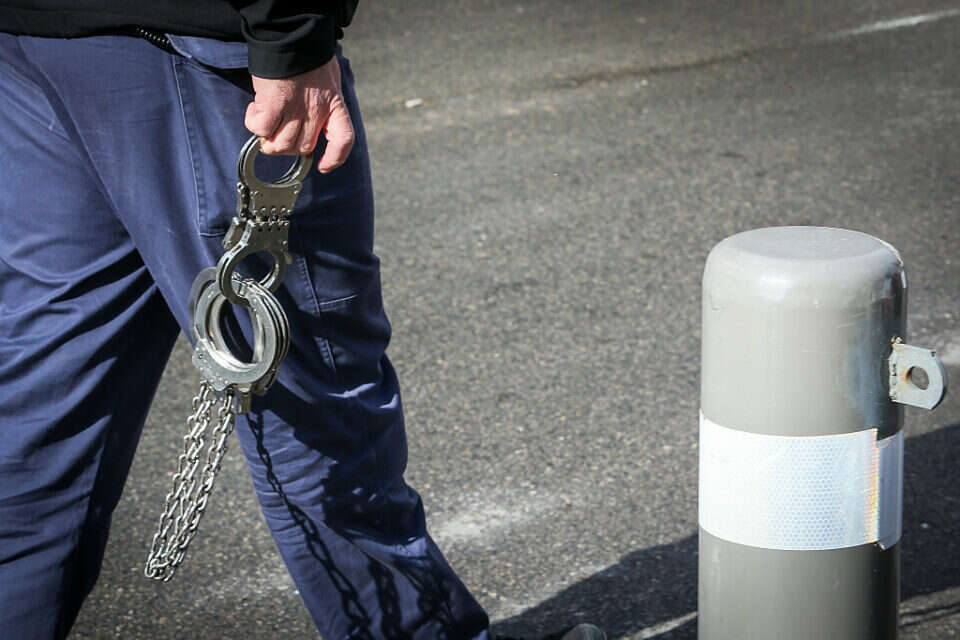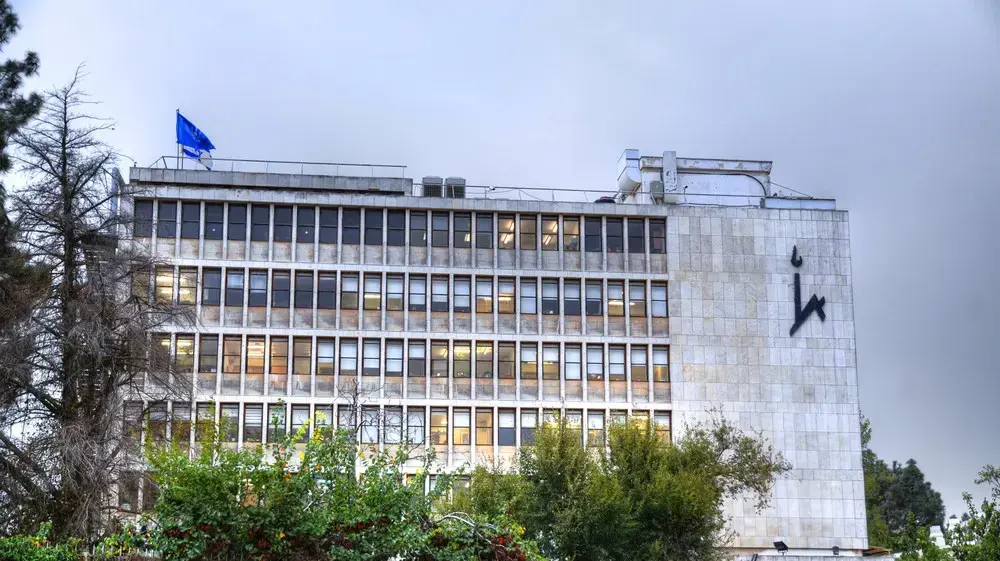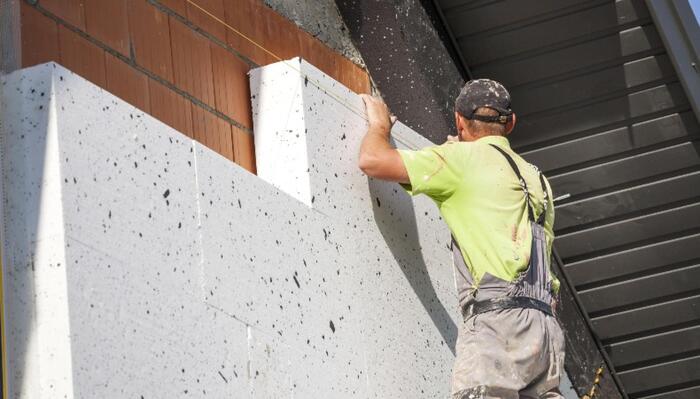In October 2012, V., a Palestinian girl, arrived at the Ma'ale Adumim police station and said that she had been raped by another Palestinian.
Police did not believe her, and investigators threatened to come to her home and turn it over to find her phone, repeatedly telling her "are you afraid your dad will know you were with your boyfriend?"
The girl, who was apparently afraid of "murder for the honor of the family", was willing to admit at the end of the investigation also to the murder of JR, only to be allowed to, according to Haaretz.
Let's assume the narrow political affiliation of each of us, and look at the big picture: in a police investigation, whether it is a Jew or a Palestinian, a complainant of rape or a hill boy suspected of harassing Arabs, the same claim is consistently repeated: the police use too many - too many - means Kosher, and sometimes horrible and terrible, against her interrogees.
The purpose of the investigation is to get to the truth, that much is clear.
There are various reasons that interrogees will lie in the interrogation room: in the case of rape complainants, this could be a way to get revenge on someone (in V.'s story, the police claimed that the complainant tried to cover up the fact that she had a "forbidden affair" with someone else).
In the case of suspected violent offenders, the reason for lying is clear.
Indeed, police investigators should investigate in depth and not accept the words of those sitting in front of them simply.
But are threats and torture legitimate tools in the pursuit of truth? (For the information of the reader Nir Hefetz, Scabias is not defined as torture, as far as I know). Let's ask a more difficult question: Will torture lead us to the truth? The answer to these two questions is not absolute and clear. The quality of testimony found in threats and torture is not worth anything. Even if we put the moral issue aside for a moment - it does not bring us closer to the truth, to doing justice and to a healthier society.
And when it comes to terrorists - should we here too refrain from exerting various pressures in order to issue a confession that can save lives?
Well, here one has to distinguish between two essentially different types of cases: if it is a terrorist who was caught after the attack, the investigation should be avoided.
It has no value if there is no evidence to support the guilt.
Admission to torture will also not be admissible at trial.
But - and here is the great mourning - if it is a terrorist before carrying out an attack, a "ticking bomb", it is imperative to use what is called in plain language "moderate physical pressure" to lead the security forces to stop the potential harm.
So what is being done to enable an effective investigation with fewer lies and without torture?
Two parallel things: One, punishing those who file false complaints and lie to the police.
Today, although this is prohibited by law, almost no such indictments are filed.
True, most complaints are authentic, but those that are not - operate in a successful, risk-free manner.
On the other hand, police officers who abuse their interrogators should be prosecuted.
For that to happen, it has to be in the interest of all of us.
And as in any article on the subject, this time too I will sign with the same words: we deserve good, honest, fair, non-corrupt and non-drunken police.
And all of us, victims of sexual offenses, Palestinians, hill boys - we all, from all genders and sectors, need to unite for this purpose.
Were we wrong?
Fixed!
If you found an error in the article, we'll be happy for you to share it with us









